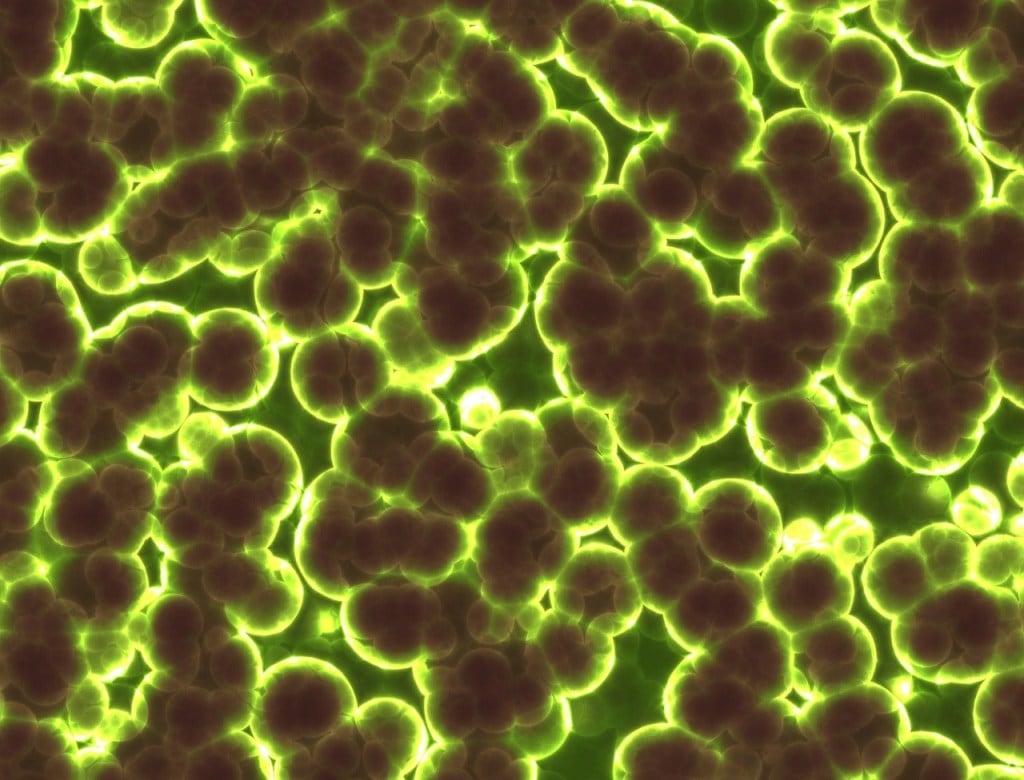In an alarming study, scientists have issued a warning about the potential risks of creating “mirror bacteria,” an entirely new type of lifeform made from mirror-image biological molecules. This research, which was published in Science, suggests that these synthetic organisms could evade immune systems, spread uncontrollably, and cause severe harm to humans, animals, and plants.
What are mirror bacteria?
Mirror bacteria are synthetic lifeforms made from biological molecules that are the reverse of the ones found in natural organisms. In nature, life on Earth is made up of “right-handed” nucleotides in DNA and “left-handed” amino acids in proteins. However, mirror bacteria would use “left-handed” nucleotides and “right-handed” amino acids, essentially reversing the chirality of the molecules that make up life. While these bacteria do not exist in nature, technological advances in synthetic biology make their creation a plausible future possibility.
How could mirror bacteria be dangerous?
The most concerning aspect of mirror bacteria is that they could bypass the natural defenses of the immune system. Human, animal, and plant immune systems rely on chiral molecules to recognise and fight off harmful invaders. Since mirror bacteria are the opposite of natural organisms, the immune system would likely fail to recognise them, rendering the body vulnerable to infections. In severe cases, these infections could be deadly.
Not only would mirror bacteria evade immune detection, but they could also resist many natural predators, such as viruses that target regular bacteria. This means that mirror bacteria could survive and spread much more easily in the environment, potentially becoming an invasive species. They might also prove resistant to antibiotics and other defenses currently in use against bacteria, allowing them to proliferate unchecked.
Why should we be concerned?
The potential for mirror bacteria to cause widespread ecological damage is a major concern. They could invade multiple ecosystems, infecting plants, animals, and humans, with devastating consequences. The ability of these bacteria to spread rapidly, evade the immune system, and resist predation makes them particularly dangerous.
While it may still be a decade or more before scientists are able to create mirror bacteria in a laboratory setting, researchers warn that we must begin preparing now for the risks these organisms could pose. The potential harm from these synthetic lifeforms could be so great that scientists are calling for a global conversation about how to regulate this research and prevent the creation of mirror bacteria.

